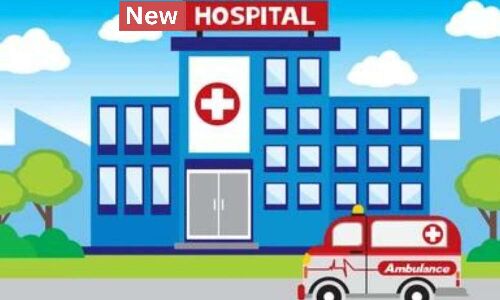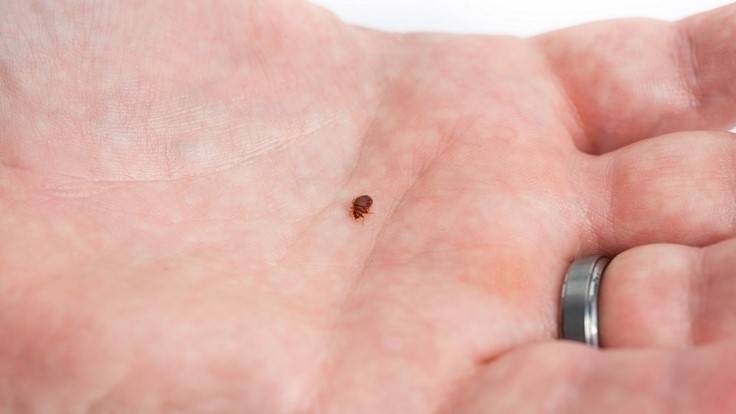Yesterday, April 14, was World Chagas Disease Day, a disease transmitted by the Trypanosoma cruzi parasite mainly affecting poor Latin American populations.
Facts and figures
According to the World Health Organization, Chagas disease, also called American trypanosomiasis, is a potentially fatal disease caused by the protozoan parasite Trypanosoma cruzi (T. cruzi).
The disease occurs mainly in endemic areas of 21 countries in Latin America, where it is transmitted to humans and other mammals mainly by the feces or urine of triatomines (vectorial route), known as vinchucas, bedbugs, or by many different names, depending on the geographic area.
Initially, Chagas disease was confined to rural areas of the Region of the Americas (except for the Caribbean islands). However, due mainly to increased population mobility in recent decades, most infected persons now live in urban settings, and cases have been increasingly detected in the United States of America and Canada, in many countries in Europe, and in some countries in Africa, the Eastern Mediterranean, and the Western Pacific.
Transmission
In Latin America, the T. cruzi parasite is transmitted mainly by contact with the infected feces or urine of blood-feeding triatomine bugs. In rural and suburban areas, these insects usually live in cracks and holes in the walls and roofs of houses and outdoor structures, such as chicken coops, corrals, and warehouses. They typically remain hidden during the day and become active at night to feed on the blood of mammals, including humans. They generally bite on exposed areas of the skin, such as the face, and defecate/urinate near the bite. The parasites enter the body when the person bitten instinctively rubs, causing feces or urine to come into contact with the bite, eyes, mouth, or an open skin lesion.
The T. cruzi parasite can also be transmitted:
Chagas
By consuming food contaminated by the parasite through contact with, for example, infected triatomine, marsupial feces, or urine. This type of transmission usually results in outbreaks with more severe morbidity and higher mortality;
by transmission from the infected mother to her child during pregnancy or childbirth;
by transfusion of blood or blood products from infected donors;
organ transplantation from an infected person; and
laboratory accidents.
Signs and symptoms
Chagas disease has two phases. Initially, the acute phase lasts about two months after infection. During this critical phase, although a large number of parasites circulate in the bloodstream, in most cases, there are no symptoms or symptoms that are mild and non-specific. In less than 50% of people bitten by a triatomine bug, a characteristic initial sign may be a skin lesion or a purplish swelling of an eyelid. In addition, such persons may present with fever, headache, enlarged lymph nodes, pallor, muscle aches, breathing difficulties, swelling, and abdominal or chest pain.
During the chronic phase, the parasites remain hidden mainly in the heart and digestive muscles. One to three decades later, up to one-third of patients suffer from cardiac disorders, and one in ten have digestive (typically, enlargement of the esophagus or colon), neurological, or mixed disorders. Over the years, the infection may cause sudden death from cardiac arrhythmias or progressive heart failure due to the destruction of the innervations of the heart muscle and the muscle itself.
Treatment
Chagas disease can be treated with benznidazole or nifurtimox, which kills the parasite. Both drugs are fully effective in curing the disease if given at the onset of infection in the acute stage, including cases of congenital transmission. However, their efficacy decreases with time, and adverse reactions are more frequent at older ages. Therefore, treatment with these drugs is also indicated in case of reactivation of infection (e.g., due to immunosuppression) and in patients at the beginning of the chronic phase, including girls and women of childbearing age (before or after pregnancy) to prevent congenital transmission.
Treatment should be offered to infected adults, especially those without symptoms, as deworming may prevent or slow disease progression. In other cases, the potential benefits of medication in preventing or delaying the progression of Chagas disease must be weighed against the prolonged duration of treatment (up to two months) and possible adverse reactions (which occur in up to 40% of treated patients). Benznidazole and nifurtimox should not be administered to pregnant women or persons with renal or hepatic insufficiency. Nifurtimox is also contraindicated in persons with a history of neurological or psychiatric disorders. In addition, specific treatment for cardiac, digestive, or neurological manifestations may be necessary.
Control and prevention
Because of the large number of wild animals that serve as reservoirs for the T. cruzi parasite in the Americas, the infection cannot be eradicated. Instead, control objectives are to eliminate transmission and to ensure that the infected and sick population has early access to health care.
There is no vaccine against Chagas disease. The T. cruzi parasite can infect many species of triatomines, most of which are found in the Region of the Americas. Vector control has been the most effective method of prevention in this region. Blood screening is necessary to prevent infection through blood transfusion and organ transplantation and to improve the detection and care of the affected population worldwide.
Depending on the geographical area, WHO recommends the following prevention and control methods:
spraying of houses and their surroundings with residual insecticides;
improvement of houses and their cleanliness to prevent vector infestation;
personal preventive measures, such as the use of mosquito nets, good hygienic practices in the preparation, transport, storage, and consumption of food;
development of contextualized information, education, and communication activities for the different actors and scenarios on preventive measures and surveillance tools;
screening of donated blood;
screening tests on donated organs, tissues, or cells and their recipients;
access to diagnosis and treatment for those for whom deworming is indicated or recommended, especially children and women of childbearing age before pregnancy; and
screening of newborns and children of infected mothers who have not previously received deworming treatment for early diagnosis and treatment.





![What Do Payers Need to Help Value-Based Contracting Deals for Novel Therapies Succeed? [Sponsored]](https://medcitynews.com/uploads/drugspills.jpg)


